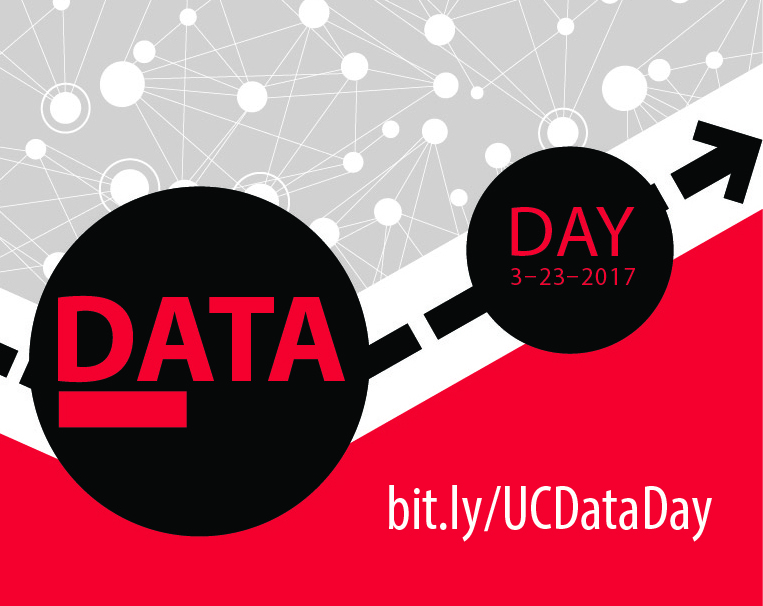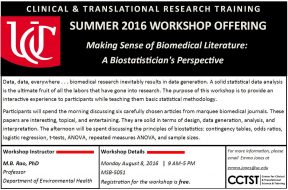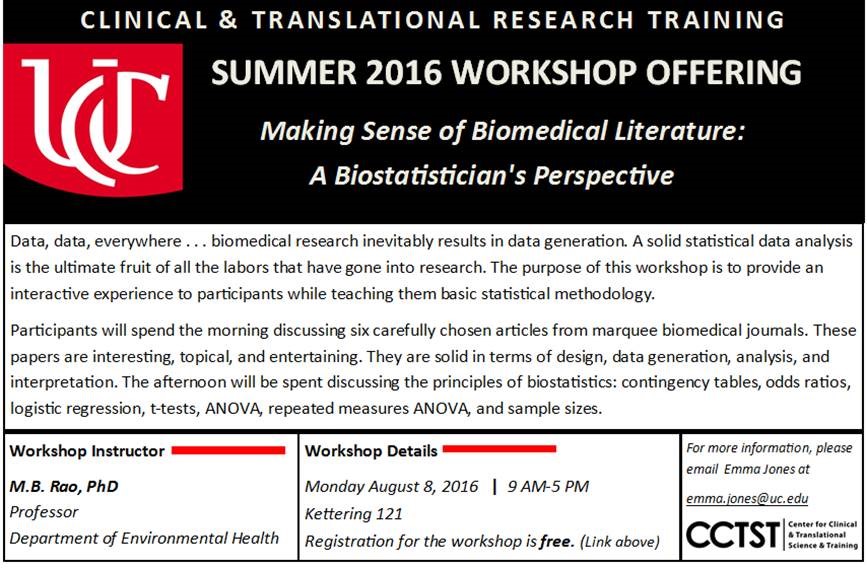Today’s Love Your Data Week’s post is by Tiffany Grant PhD, Interim Assistant Director for Research and Informatics at the Health Sciences Library (HSL) and Research Informationist.
The Big 3 of Data
Documenting, describing and defining your data are the 3 most critical components of good data management and your data legacy. If done properly, documentation ensures accurate interpretation and reproducibility of your data. Additionally, it improves the integrity of the scholarly record by providing a more complete picture of how your research was conducted.
Data Things to Do
- Document all file names and formats associated with your project
- Describe how your data was derived including a description of any equipment and/or software used in the process
- Describe your file naming conventions and folder structures
- Define any abbreviations, variables or codes used in your data or your file names/folders
Big 3 Data Basics
Who: Who are the contributors?
What: What kind of data was collected and what analyses were done to generate the data?
Why: Why was the project started, i.e. what questions did you hope to answer?
Where: Where did you get your data (if you aren’t the creator)? What is the physical location of the data?
How: How was your data generated?
Message of the day
Good documentation tells people they can trust your data by enabling validation, replication, and reuse.
 The University of Cincinnati Libraries and IT@UC announce the 2nd annual UC DATA Day. Scheduled for Thursday, March 23 from 8:30 a.m. – 3:30 p.m. in TUC 400 ABC (see directions), UC DATA Day 2017 will feature a full schedule of engaging events. All events are free and include lunch and an afternoon reception. The public is welcome.
The University of Cincinnati Libraries and IT@UC announce the 2nd annual UC DATA Day. Scheduled for Thursday, March 23 from 8:30 a.m. – 3:30 p.m. in TUC 400 ABC (see directions), UC DATA Day 2017 will feature a full schedule of engaging events. All events are free and include lunch and an afternoon reception. The public is welcome.
 of the building. There are times I miss the bench research and the data I created in my time as a senior research assistant. One of my favorite techniques was microscopy and particularly
of the building. There are times I miss the bench research and the data I created in my time as a senior research assistant. One of my favorite techniques was microscopy and particularly 


